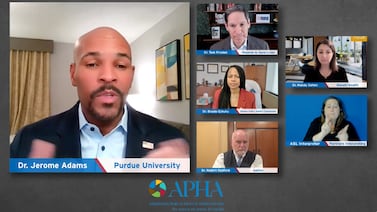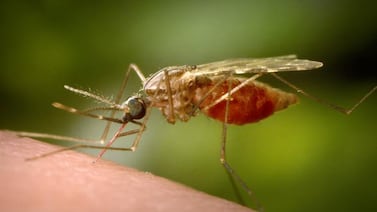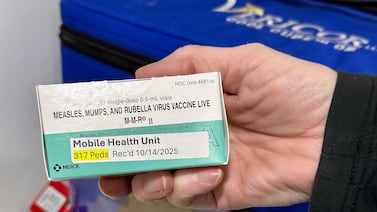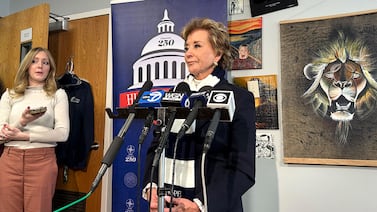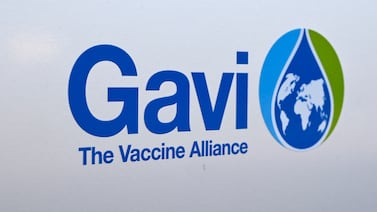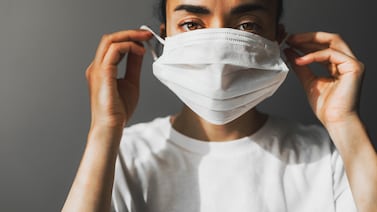National
There are likely more people who aren't in quarantine but should be, unaware they’ve been exposed during the normal course of their lives: Going to work, school, and church, shopping for groceries, dining out.
Former CDC Directors Tom Frieden, Robert Redfield and Mandy Cohen, and former Surgeon General Jerome Adams discuss how to address public health amid partisan rancor.
As the U.S. enacts increasingly authoritarian policies and decimates funding for public health, insurance, and medical research, many nurses have felt the draw of Canada’s progressive politics, friendly reputation, and universal health care.
The spread of mosquito-borne diseases across southern and central Europe (and North America, too) seems inevitable.
Long hours from front-line epidemiologists and a recent increase in vaccinations is credited for declining measles cases. But state official warns: 'It’s not nearly over yet.' And spring break is on the way.
As AI systems grow more capable, many experts are wondering whether the risks outweigh the benefits. Some of those risks are distant, but catastrophic. Others are happening right now at a smaller scale.
CDC Advisory Committee on Immunization Practices was supposed to meet this week. Medical groups fear upcoming vote could limit vaccines for poor kids.
As U.S. hospitals face an increasing risk of encountering measles, and pressure to immediately spot it, health care workers face an unusual barrier: Many don’t know what it looks like.
The Education Department has used a series of interagency agreements to move important functions to other agencies as part of President Donald Trump’s efforts to dismantle the department.
Why do some hospitals have far better maternal outcomes than others – even serving similar patients? It comes down to leadership, accountability, and implementation, says Stanford's Dr. Elliott Main.
Rules requiring advance notice of ACIP meeting agendas enable public input on vaccine policy decisions that impact people’s lives, experts say.
In places like Nigeria, with few psychiatrists, AI could help fill a need. But one researcher says it’s not a replacement for human care and the AI incentive structure is meant to keep you engaged.
The biggest longevity gains have come from improvements in water, sanitation, and hygiene, followed by medical interventions, such as vaccines and antibiotics.
With schools closed for winter break, health officials couldn’t get critical information to identify and warn those exposed to measles of need to quarantine.
The toll could climb even higher if funding continues to drop. Here’s how some philanthropies see their role in this moment.
Also in Healthbeat's new weekly report: Beware of those ads for 'early detection' blood tests and a look at two public health legacies.
The drug has become a symbol of resistance against the medical establishment among MAHA adherents and conservatives.
PHS doctors and nurses are being deployed to Guantánamo and other detention centers as Donald Trump escalates mass immigration arrests. Some have resigned in protest. Others offer a rare look into bleak conditions.
The Trump administration has told the global vaccine group Gavi to phase out shots containing thimerosal as a condition of funding. The preservative is at the center of conspiracy theories, but any link to autism has been debunked.
Prisma Health’s announcement came two days after Healthbeat revealed measles exposures in the labor and delivery unit at Prisma Health Greer Memorial Hospital and in the emergency department of Prisma Health Greenville Memorial Hospital.


